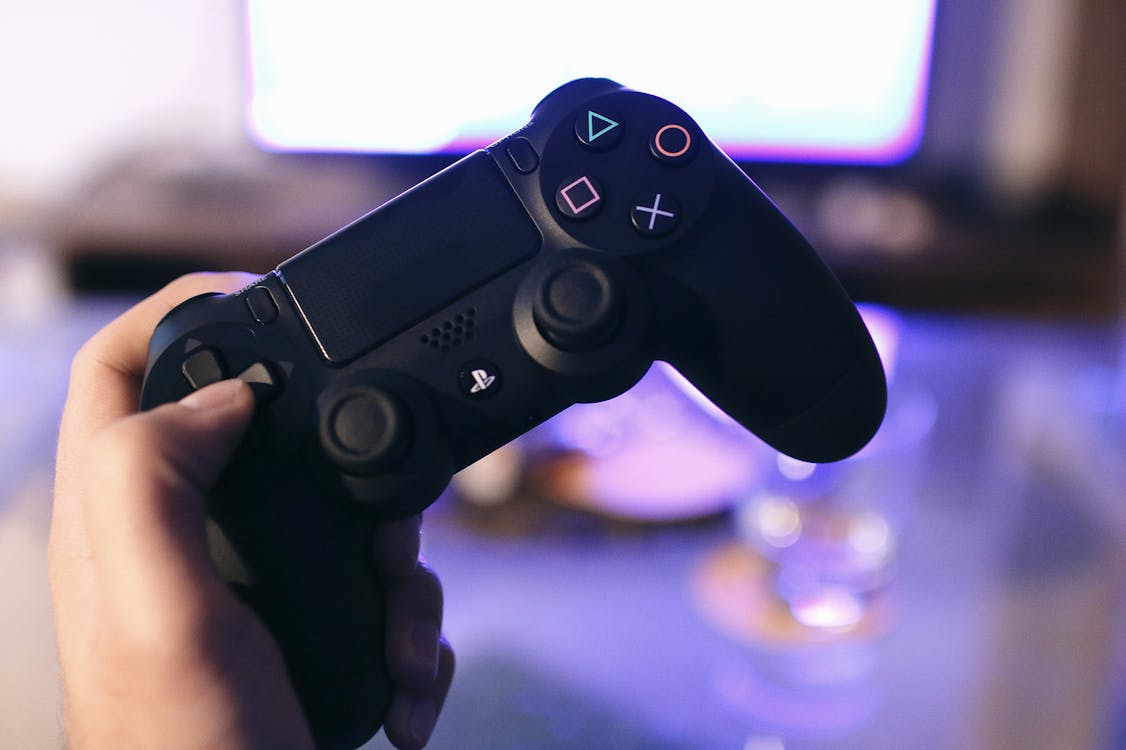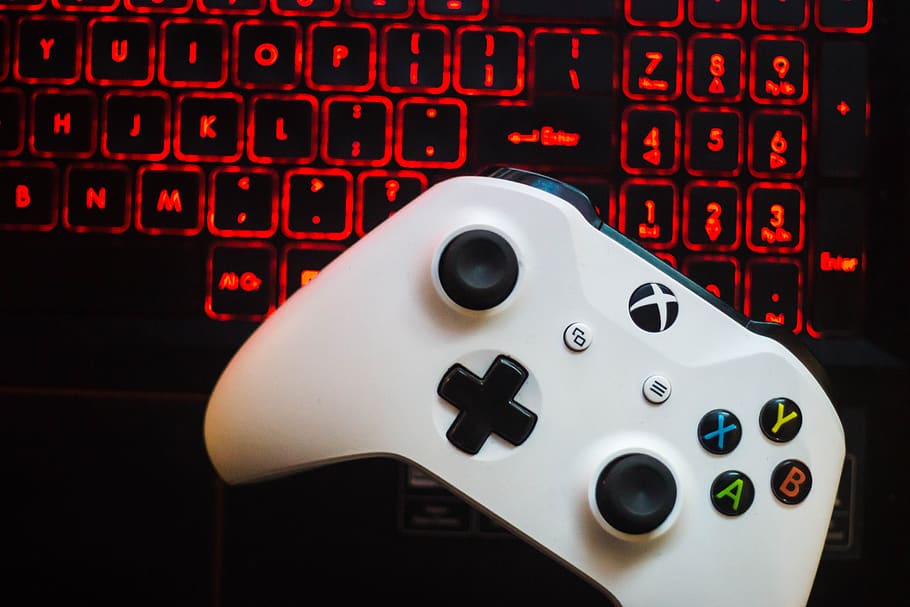For the longest time, espionage has been a core theme in gaming. This involves elite agents tactically making their way through enemy territory to procure valuable intel by any means necessary — or at least, that’s how most people picture it. But thanks to technology, this is no longer the case in real life.
Today, stealing intel can hit millions, even billions, at one time from a remote location. For instance, the Indian government experienced a massive data breach just last year, when 1.1 billion names, addresses, and 12-digit ID numbers were made freely available online. A year removed, and data breaches are still far too common for comfort. But while governments and companies are obvious targets, consider this: How much time do gamers spend on their computers and devices?
The 2019 State of Online Gaming report published on Forbes details that the average gamer plays for around 7 hours each week. This makes gamers especially vulnerable to all kinds of cyberattacks. Couple this with the fact that the video game industry is a growing target for hackers, especially here in the United States, and you’ve got a recipe for disaster.
Google reports that as many as 65% of all internet users do this.
 Source: Pexels
Source: Pexels
Now, technically there are ways to deter these attacks. One way is to use two-factor authentication (TFA), which is when you are asked to verify your identity through a text sent to your phone on top of simply providing your password in order to access your account. However, gaming companies have avoided TFA and similar security measures because they are an inconvenience to players. The industry values low-friction authentication because any alternative will result in a loss of revenue. Gamers want things fast and simple, and that comes at a cost.
Moreover, gamers also tend to use less secure passwords. Most of them are young and not as security-conscious as those who are a little more advanced in age. They also see no point in making sure their gaming accounts are secure, as many make the mistake of thinking that gaming accounts are less critical than, say, online banking accounts, and have no financial risks.
Another reason why gamers are especially vulnerable is the fast-paced nature of the gaming industry. A report published on Time details the harsh working environment of those who work to create the games we enjoy. These workers are subjected to what’s known in the industry as “crunch,” or periods where they put in 100+ hours of work a week just to meet the demand that comes with a thriving industry. The pressure to deliver sometimes leads to bugs or other security issues that hackers are quick to exploit.
How Can Gamers Practice Good Cyber Hygiene?
 Source: Pexels.com
Source: Pexels.com
So, what can you do to protect yourself in the meantime? Well, understanding the risks is half the battle. But you don’t have to be a cybersecurity expert or a programmer to learn the basics of cybersecurity. To learn more about the subject, the cybersecurity courses on Udemy range from beginner to advanced levels and provide hope to even the most clueless technophobes, as there are resources for basic cybersecurity concepts like firewalls, phishing, worms, and more. Informing yourself about these variables is a good first step — but it shouldn’t end there. After learning the basics of cyber security, you must then apply what you have learned by practicing good cyber hygiene.
This means surveying your current online habits and figuring out which activities you need to change or avoid. For instance, browsers such as Google Chrome are less safe than protected browsers like Opera.
What’s more, it’s important to never give out your personal information to anyone you meet online, as this information can be used against you. This also means avoiding suspicious links from promotional emails and forum posts, as these can either contain malware or trick you into providing your account details and personal information.
It’s also best to use strong passwords, as well as multiple strong passwords across various platforms. Go for passwords that are at least 12 characters long and use a mix of numbers, symbols, capital letters, and lower-case letters.
Another good way of practicing good cyber hygiene is to keep your security software up-to-date. This way, it is capable of handling new threats that pop up and patch out any vulnerabilities that hackers may have found.
Lastly, secure your router. You can do this by changing its default name and password as this information is often easy to come by. Doing all these things will go a long way into protecting yourself and avoiding a total catastrophe.













